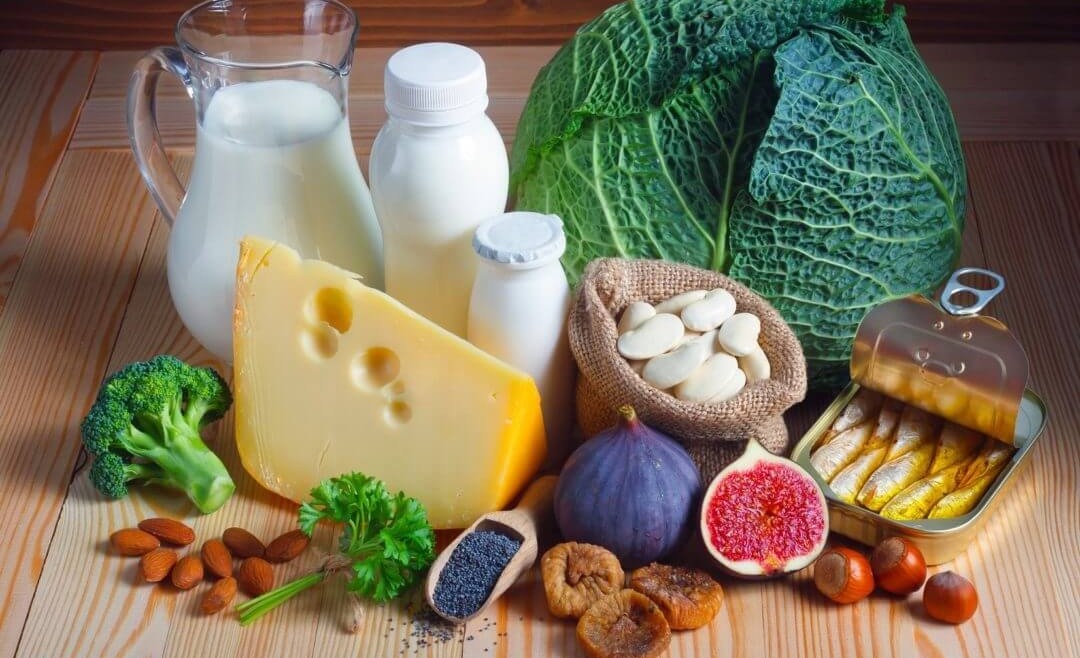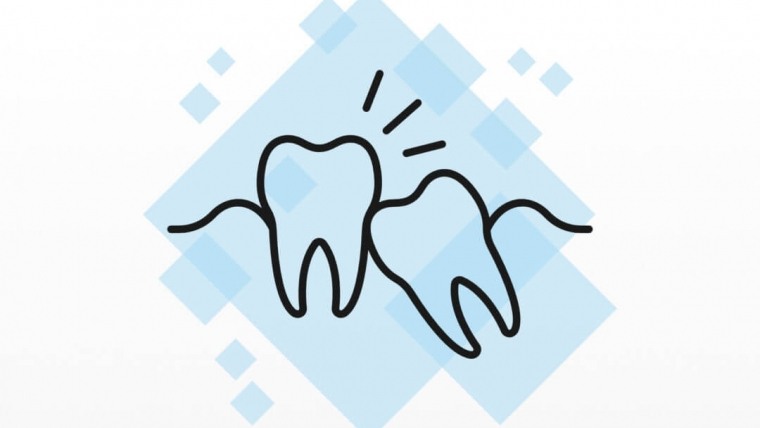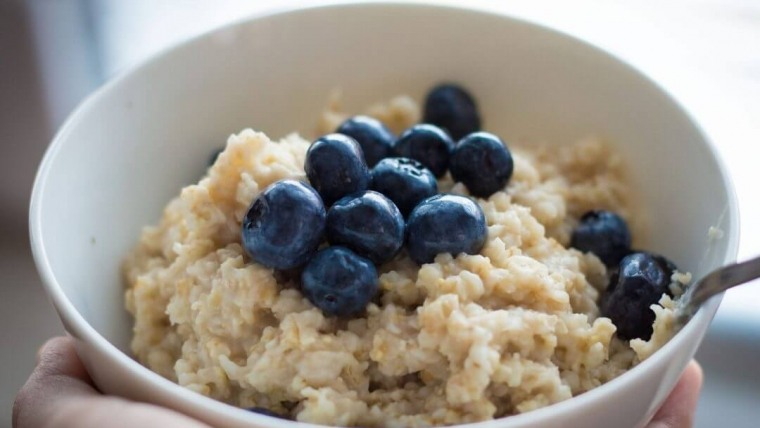Calcium-Rich Diet and Teeth
This month, we’re celebrating National Nutrition Month by examining how food relates to our oral health. In our last post, we touched on enamel, the protective surface of your teeth and how some foods can erode it over time. For this post, we will focus on the foods you can eat that will nourish your teeth from within, preserving them (and other key components of your body) with vital minerals. Calcium-rich diets that also include regular amounts of Vitamin D are essential to promote healthy teeth and bones. A thoughtful diet can make a difference for the overall health of your mouth.
Calcium: It Does a Body Good
According to the National Institutes of Health, Calcium is the most abundant mineral in your body. When you think about calcium, you probably associate it with your bones. 99% of your body’s calcium is stored in your bones and your teeth. However, 1% of the body’s calcium is put to use for other functions, including vascular contraction, hormonal regulation, muscle function, and even nerve signal transmission.
The majority of the calcium in your body goes toward bone growth and maintenance. As bones grown and age, they continually secrete and reabsorb calcium to rebuild and form. When it comes to oral health, one of the bones that matters most is the jaw bone, which is what your teeth are attached to. Your teeth themselves require calcium to maintain their structure.
The Helpful Friend: Vitamin D
An abundance of calcium in your diet is great, but teaming it up with Vitamin D is better. Unlike Calcium, Vitamin D isn’t naturally present in foods, though it is often added (sometimes to milk) and is available as a vitamin supplement in multi-vitamins. The best place to pick up copious amounts of natural Vitamin D? Your favorite sunny place outside!
Vitamin D is produced hormonally when UV rays strike the skin and trigger a reaction within the liver and the kidney to convert it and make it usable. Vitamin D promotes calcium absorption in the gut, which allows the calcium you consume to reach the places in the body where it’s needed. You need Vitamin D as much as you need Calcium. Just another reason to get outside in the fresh air and sunshine!
Thinking Beyond Dairy
Dairy products are a quick, easy, and delicious way to get your daily calcium intake. An egg yolk contains a healthy dose of natural Vitamin D. Yogurt, string-cheese, soymilk, cottage cheese and other foods in the dairy family are all great options that can be low-fat, low-sugar, yet satisfying. However, not all of us like or can eat dairy. There are a variety of options if that’s the case for you.
- Dark, Leafy Greens. Kale, Broccoli, Bok Choy, Collard Greens, Turnip Greens, and Brussels Sprouts are fantastic options for getting calcium and other key nutrients into your diet. Broccoli and Sprouts take well to roasting. Collard Greens and Bok Choy do well in soups. Kale is versatile and delicious in a variety of ways. Experience and find out what you and your family love best. We found a delicious recipe for shaved brussels sprouts pasta here.
- Fish. If you’re a little bit adventurous, NIH recommends sardines (with the bones) as a good source of calcium. Other fish, including salmon, is a fine alternative if you’d prefer other varieties. If you are pregnant, consult your doctor about what type and amount of fish is appropriate for your diet.
- Fortified Foods. Some foods are fortified for Vitamin D and Calcium for added health benefits. Read labels carefully and you can find fortification in such foods as bread, cereals and even tortillas. Some soy products, including soy milk, may also be fortified.
National Nutrition Month is about thinking a little bit more about what you eat and making choices that will help you feel great and live stronger. Adding more Calcium and Vitamin D to your diet will help nourish your teeth and mouth, as well as the rest of your body. Adding another serving of these important nutrients can make a difference for the life of your teeth and for your body as a whole.
Want to know more about how healthy habits and a thoughtful diet can help support your oral health? We’d be delighted to discuss and answer your questions about how we support your dental team to maintain your natural teeth!





